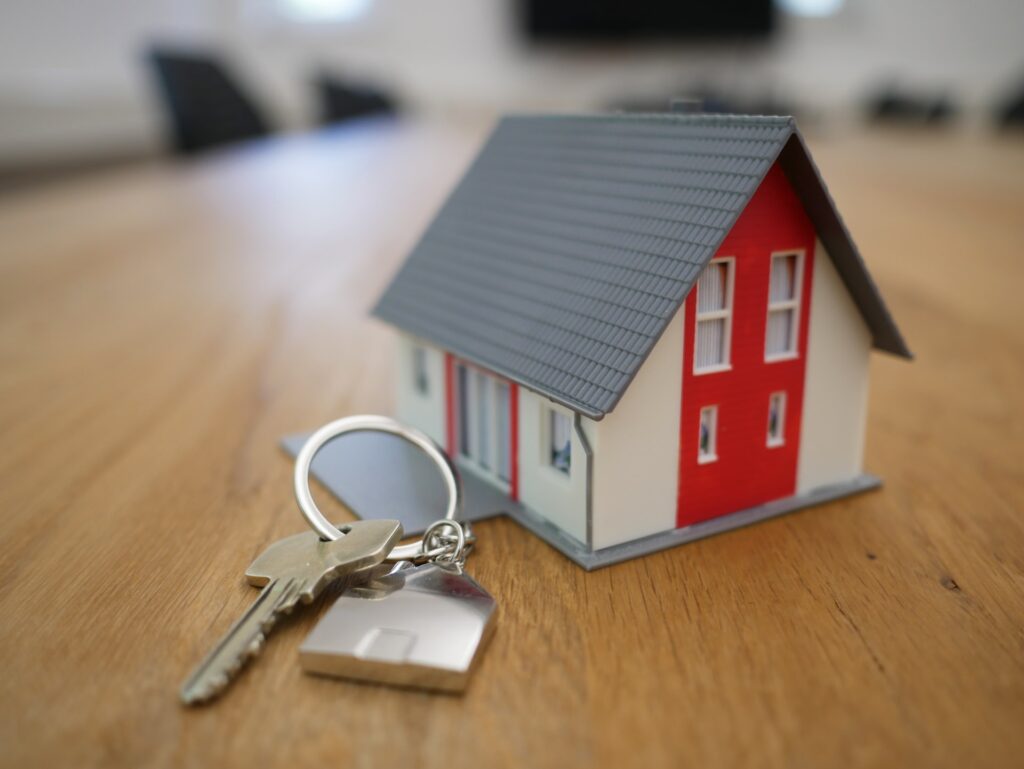
A commercial property is an estate that is used for commercial purposes and is estimated to generate profit. Commercial properties usually accommodate activities such as retail stores, shops, offices, pubs, medical centres and cafes as a few examples, and the value of such a property depends on its income, but there are a number of other ways you can assess the value of a commercial property.
So, how do you calculate a commercial valuation? You can calculate a commercial valuation by looking at the cost, sales comparisons, value per door, income capitalisation and gross rent multiplier. Some of these factors are more suited to certain properties, so it is important to understand the purpose of the property valuation when choosing the calculations you will use.
Read on to find out more on how we work out the different calculations when it comes to commercial property valuations.
How Do You Value a Commercial Building?
In order to calculate a valuation of a commercial property, you need to follow specific steps to make sure you receive the correct figure.
Cost
To determine a commercial property valuation, you need to understand the cost of the land, plus the cost of construction which it has undergone. This is a simple way to start estimating the value of the property in order to produce an approximate figure.
Cost of Land + Cost of Construction = Commercial Value
Sales Comparison
This technique works out the market prices of available and similar properties currently on the market. Start by listing out the detailed characteristics of your commercial property specifically and make sure to include the number of floors, number of rooms and the floor area in this listing. This will help you to then find the prices of any similar properties which are currently listed on the market.
Value Per Door
This method is necessary if you are determining the value of apartments/shared office spaces that are of the same quality. This is worked out by; the total price of one property, divided by the number of apartment units that are available to get the value per unit, or door. This figure is then used to determine the price of a similar apartment/office space, with a different number of available units. The figure of available units on another property is multiplied to the value per door to get the total value of the property.
Total Cost of the Property / Number of Units = Cost per Door
Income Capitalisation
This technique is used to calculate a gauge of a property by looking at the revenue of the business which is occupying the property. To calculate, first take the properties net annual rental income and divide by your estimate of the building value. (this is based on sales of similar ones in the local area) This will then give you the rate of return. Finally, take your net operating income and divide it by that figure.
Net Annual Rental Income / Estimate Building Value = Rate of Return
Net Operating Income / Rate of Return = Income Capitalisation
Gross Rent Multiplier
This gives you an understanding of how long it will take to pay off property payments based on gross rental income. To simplify this, you just take the estimated property value or the total borrowed amount and divide it by the gross annual rental income.
Estimated Property Value / Gross Annual Rental Income = Gross Rent Multiplier
Do I Need to Get a Commercial Property Valuation and Who Should Get One?
If you know the value of the property, it gives you an advantage for any of the below scenarios:
- As a Seller – it gives you the knowledge of knowing how much your property should be sold or leased for.
- As a tenant – This allows you to know if the monthly price payments you’ve been given are accurate.
- For a loan – mortgage lenders will run checks to ensure the amount they are lending to you is the correct amount.
Property Valuation Vs Property Survey
So now you understand commercial property valuation and how to calculate one, it is important to understand the difference between a property valuation and a survey. The two services have vast differences.
The terms of a property valuation and property survey are often interchangeable, leading to confusion. However, property valuation and surveys have different purposes.
The purpose of a property valuation is to understand the property’s market value in preparation for buying or selling, whereas a property survey is performed to determine the value of and any repairs that are required to a property. Surveys also highlight any structural damage or faults ahead of buying a property.
Learn more by reading our recent blog that goes into more detail about the differences between valuations and surveys.
Commercial Valuations at Crest Surveyors
At Crest Surveyors, all of our surveyors are members of the Royal Institution of Chartered Surveyors (RICS), and provide quality RICS property valuations and property surveys across London and the Home Counties. Enquire today to find out how we can calculate a commercial valuation for your property.
FAQ’s
How Much Does a Commercial Property Valuation Cost?
There is no one-size-fits-all cost when it comes to commercial property valuations. However, when trying to work out an estimated cost, the following information must be taken into account; the size of the property, the location and the age of the property.
